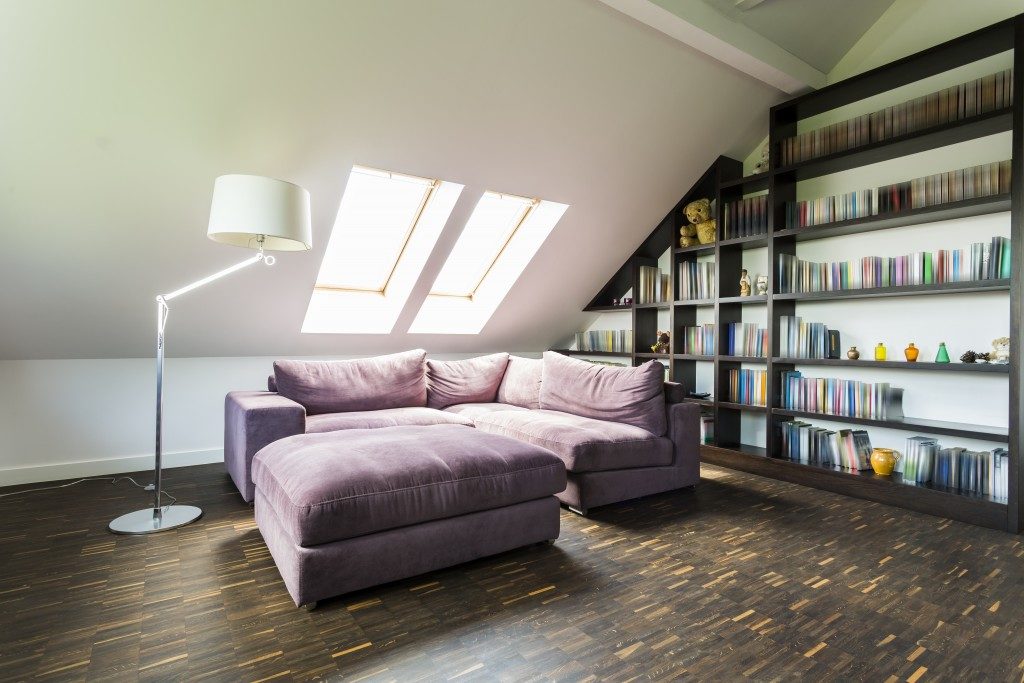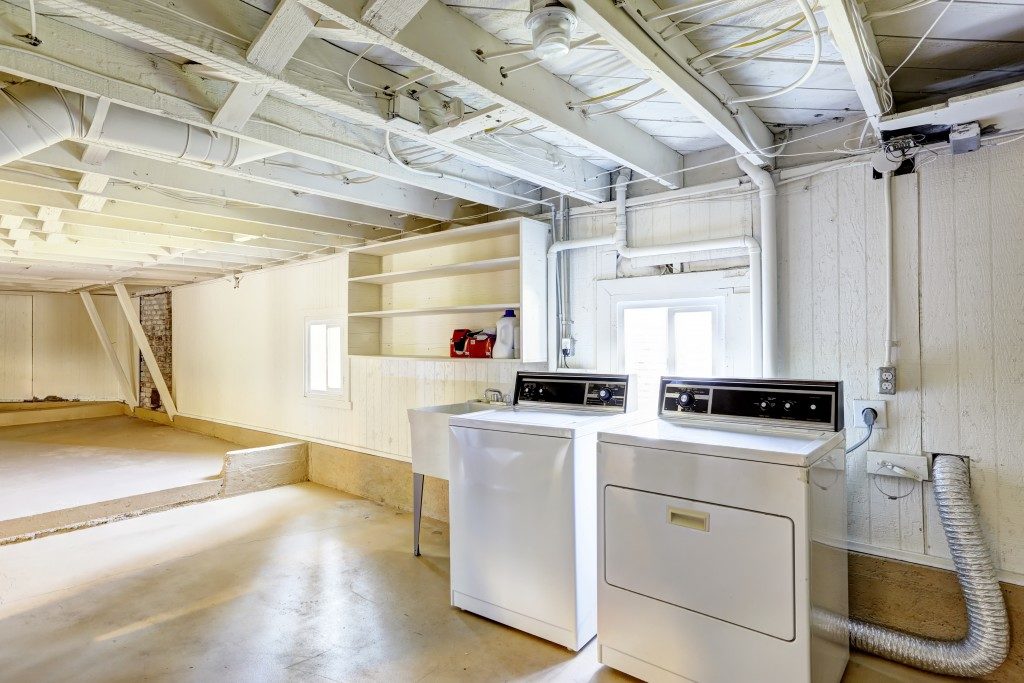The basement and attic are less used areas in homes. If you’re thinking about ways to improve overall energy efficiency, consider that improvements to these spaces can drive costs down significantly. Green Tech Construction notes the importance of employing green science and techniques to reduce total energy consumption of the household.
Air Leaks
If your basement and attic are often unattended and unused, keep doors and access points tightly closed off from the rest of the house to prevent air from escaping. Remember that small gaps allow air to enter a basement or an attic from other rooms in the home. In the summer, cold air from air conditioning units can spread into the basement or the attic. The units end up exerting more energy to cover a larger space. The same is true for heaters in the winter.
Basement
Air leaks are fairly common in basements. Spider webs in an unfinished basement or crawlspace are signs of a draft. You should inspect ducts, vents, pipes, and electrical wires that lead out of the basement. Seal off areas with air leaks. Use caulk to close off small gaps and spray foam or foam board to cover holes. Air ducts should also be covered with foil tape and not any cloth-backed, rubber adhesive.
Attic
There may also be significant air leaks in the attic. Windows and door frames should be sealed with caulk. In addition, the area around air ducts, returns, and electrical boxes should be tightly sealed. An attic with pull-down stairs can cause considerable air leakage. The access door should be closed tightly and sealed with weather-stripping adhesive.

Basement Appliances
Your basement likely stores large appliances you don’t have space for in other areas of your home. These may include water heaters, washers, and dryers. Think about upgrading these appliances with newer and more energy efficient models. The initial investment may be costly, but you will be able to significantly reduce your energy expenditure.
Unplug appliances that are rarely used. For instance, if your basement has an old fridge or freezer, these should only be connected whenever necessary.
Attic Ventilation
Attics can cause your home to overheat in the summer. Some power fans bring cool air out of the house and pull warm air into the house. They can also trap hot air inside. This forces air conditioning units to work harder and increase energy consumption. Think about installing proper attic ventilation, keeping windows open, and having a fan that can draw out the hot air.
During winter, consider covering exhaust fans that lead into the attic. This can reduce heat loss and prevent heaters from working overtime.
Insulation
An older home can benefit from insulation as it can help prevent moisture problems, insect infestation, and radon infiltration. Insulating the walls of a basement can be intensive but provide significant energy savings. Insulating the ceilings of an attic can also reduce heating and cooling costs considerably.
Simple improvements to the basement and attic can allow you to save on your electric bill. Keep a close eye on potential areas where you can make further changes and upgrade the energy use in your home.

